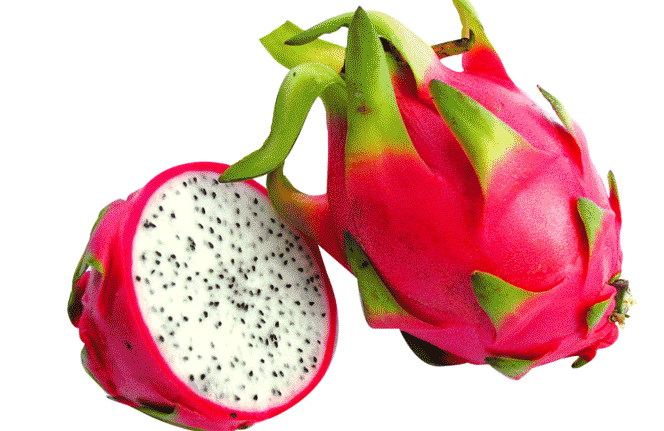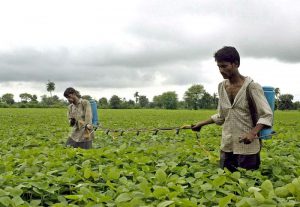To bolster agricultural ventures and diversify crop cultivation, the Directorate of Horticulture, Department of Agriculture, Bihar, has announced a 40 percent subsidy under the National Horticulture Mission Scheme for the cultivation of dragon fruit in the state. This initiative aims to incentivize farmers and promote the growth of dragon fruit farming across the state, furthering the agricultural landscape and offering potential economic prosperity.
Dragon Fruit Cultivation in Bihar
As per Agricultural Technology Application Research Institute (ATARI), Bihar, the introduction of dragon fruit cultivation in the state dates back to 2014 when Kishanganj district embarked on this endeavor. Since then, various districts like Katihar, Purnia, Araria, Supaul, Jamui, Nalanda, and Nawada have actively engaged in cultivating this tropical fruit. The uniqueness of dragon fruit, its health benefits, and rising consumer demand have propelled its cultivation in the Subsidy Announcement
The announcement of a 40 percent subsidy on the unit cost of Rs 1,25,000 per hectare for dragon fruit cultivation stems from the government’s recognition of the fruit’s economic potential and the growing interest among farmers in Bihar. This subsidy scheme intends to alleviate financial constraints and encourage more farmers to adopt dragon fruit cultivation, boosting agricultural diversification and income generation. The Directorate Of Horticulture, Department of Agriculture, Bihar posted on X, “Under the National Horticulture Mission Scheme, 40% subsidy is being given on the unit cost of Rs 1,25,000 per hectare for dragon fruit.”
Significance for Farmers and Agricultural Growth
For farmers in Bihar, this subsidy scheme presents an opportunity to explore a profitable niche in agriculture. Dragon fruit farming offers a shorter duration for flowering and fruiting, ensuring quicker returns on investment compared to conventional crops. The reduced unit cost due to the subsidy can significantly mitigate initial financial burdens, making the venture more accessible and appealing to a larger farming community.
The provision of a 40 percent subsidy for dragon fruit farming marks a pivotal moment in Bihar’s agricultural sector, aiming to transform landscapes and livelihoods. As farmers gear up to embrace this opportunity, the initiative holds promise for elevating agricultural output, boosting the economy, and positioning Bihar as a key player in the cultivation of this exotic and economically valuable fruit.
Visit us for more details – www.kisansabha.in




